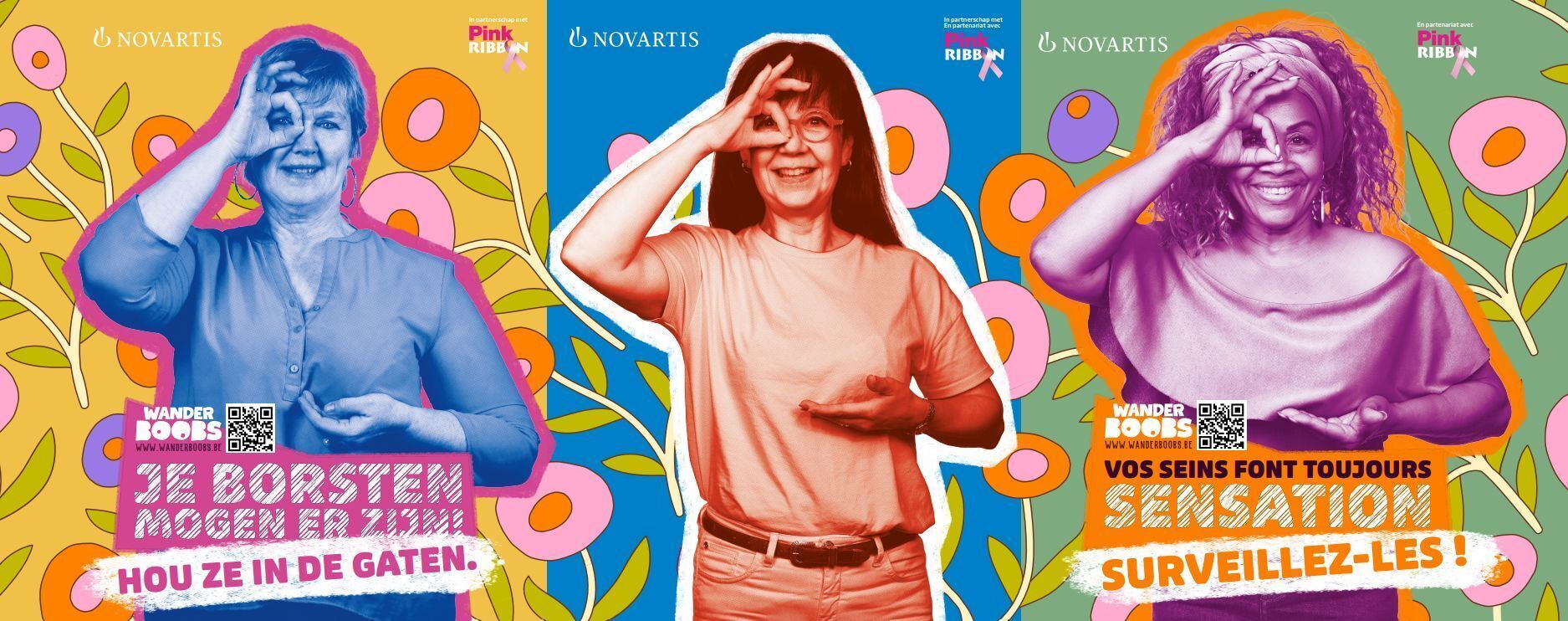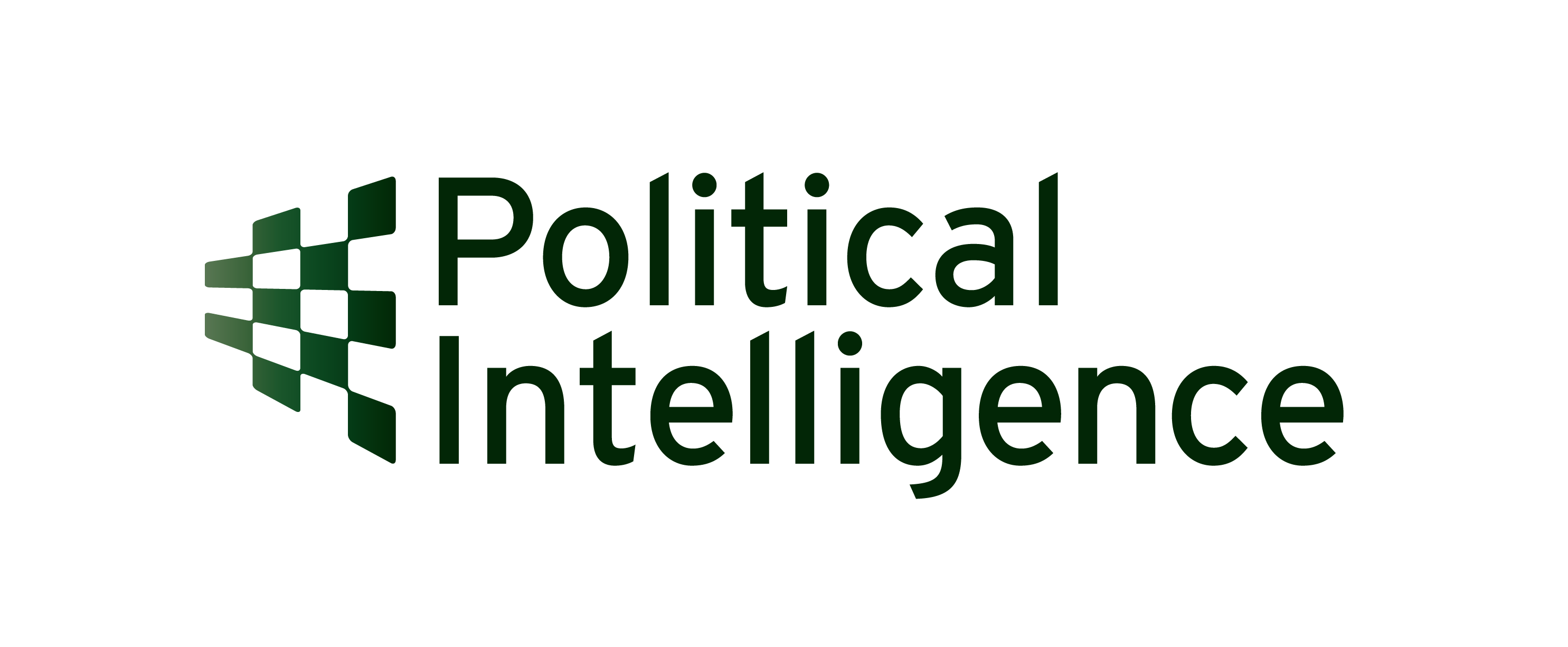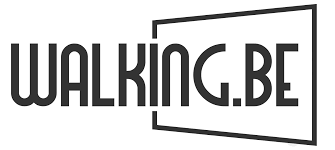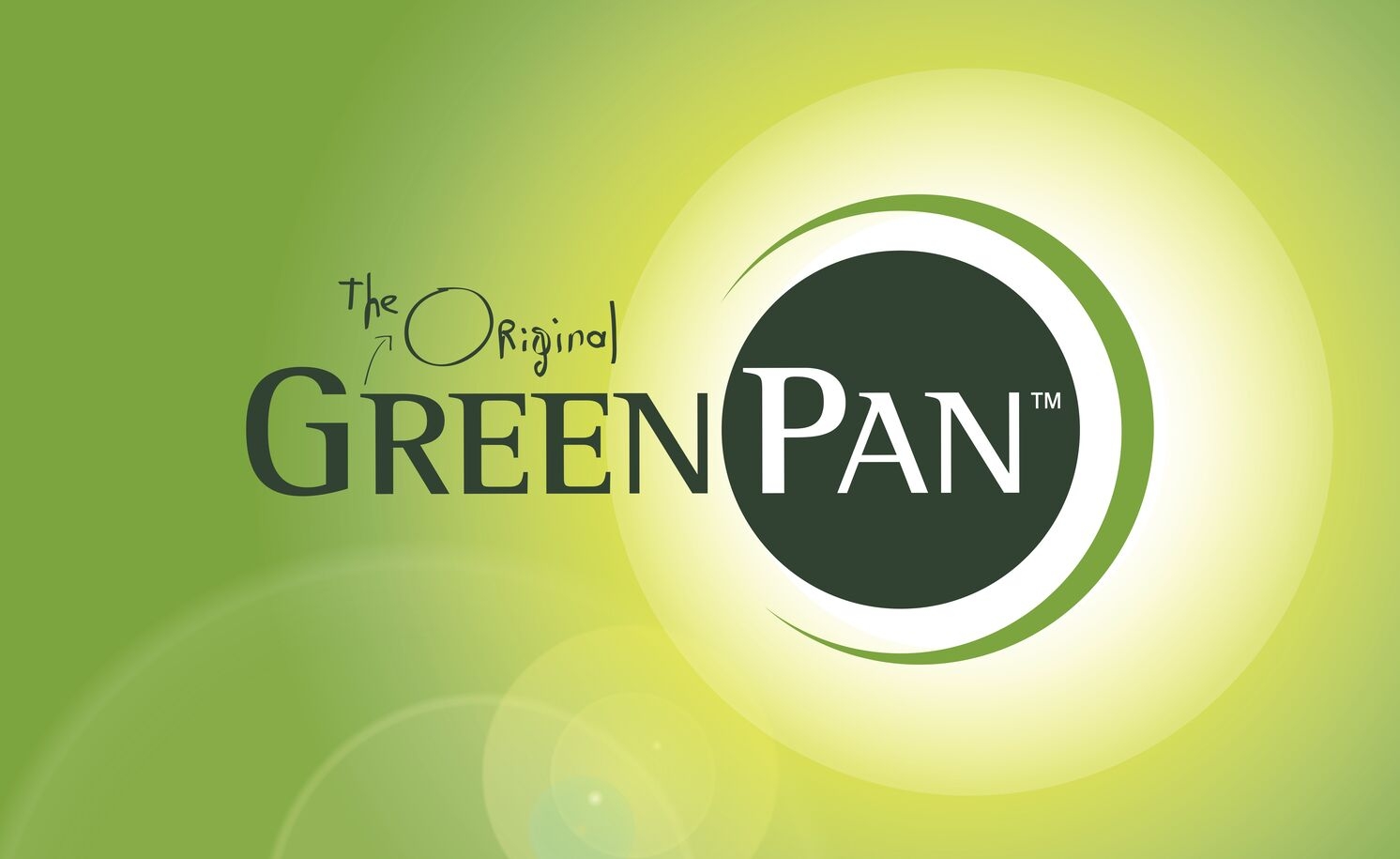Françoise testifies about how her annual mammogram, completely changed her life

It was time for my annual mammogram. As usual, I am confident and happy to see the doctor again. We talk about our lives, his granddaughters, ... . But then came the mammogram. Back in the doctor's office, I waited for the ultrasound. Suddenly the doctor calls me back "Come madam, we are going to take another picture". And added "Maybe I'm being too careful, but I'm going to request an MRI." And then it all became clear
After the MRI, I got a call from the breast clinic. On the other end of the line sounded "ma'am, you have an appointment on Tuesday for a first biopsy and the following Tuesday for a second one." I was like petrified. The first biopsy was negative, but the second was unfortunately positive. Everything went very quickly and on Oct. 12 my right breast was amputated. It took a total of only three weeks from the time I got the news of the cancer to the surgery. It was hard -- tremendously hard....
Then there were three days in the hospital, two drains, a 10 cm scar, one breast missing but one nipple was still intact so I could keep it. An expander at the site of my breast was filled no less than four times with 50 cc to prepare me for the final prosthesis I would receive on March 4. And then I could finally turn the page on the most difficult period of my life.
"Thanks to that annual mammogram, I fortunately didn't have to undergo heavy treatment."
The hardest part was the tremendous stress and tears. When the cancer was discovered, my first thought was "How am I going to tell this to my son? Fortunately, my husband was very present and extraordinary. I was surrounded and comforted by my family and friends. I could not have wished for better people around me.
I hope to get on with my life again in May, after recovering from my reconstruction. I want to continue to campaign so that women get screened every year!
Continue reading

Novartis and Pink Ribbon launch Wander Boobs campaign

Pink Ribbon 's mammo quiz exposes distress


.png)












.png)
















